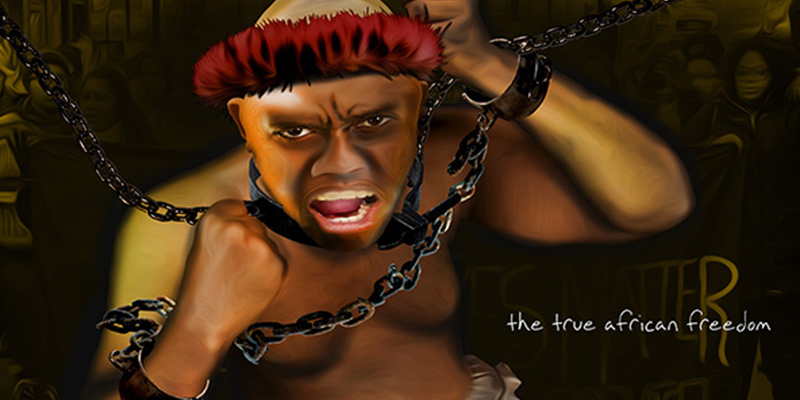Berlin. Image credit @Carol.78 via Filckr CC BY-ND 2.0.
04.23.2023
Another form of response however would point less to capitalism and more to the state. In “The Social Production of Indifference,” the British anthropologist Michael Herzfeld shows that bureaucracy treats individuals not as persons but as “cases.” Following Max Weber, Herzfeld shows that the centralization of state power drives a rationalization of practices and a division of bureaucratic labor. The accumulation of knowledge, the creation of specialized services and the professionalization of expertise follow suit. But bureaucratization also increases social distancing. Individuals are no longer linked to each other by face-to-face relations, but by all sorts of “invisible threads:” legal categories, statistics, formalities. French sociologist Béatrice Hibou adds that, contrary to what is often thought, neoliberalism does not debureaucratize. On the contrary, it adds new forms of distancing: numerical indicators, benchmarking, and management techniques. Here again, the problem is more general than the relationship between Europeans and Africans. But colonization has also left its mark on the bureaucratic trajectory. Post-colonial bureaucracy is indifferent to the fate of peripheral populations. Cameroonian political scientist Achille Mbembé calls this “government by neglect.” It’s the exercise of power through abandonment, relegation, and invisibilization. We end up relying on experts and specialists, rather than considering problems for ourselves. Eventually, we hope, someone in charge will take care of the looming problem for us.
A third type of response of course is racism. Racial theory and the dissemination of technologies of division (apartheid, segregation, border closures, encampment) have separated emotional communities. White people do not feel concerned with Black issues; they live in the comfortable quietness of what the philosopher Charles W. Mills calls “White Ignorance.” But indifference also comes from a denial of race. For US-American sociologists Tyrone A. Forman and Amanda E. Lewis, indifference is a new form of racism. While earlier racism was explicit, contemporary racism is less so. When asked about the plight of non-white people, white Americans used to justify their misfortunes on the grounds of biological or cultural inferiority. Today, Forman and Lewis explain, they are content to just ignore it. Pretend to see nothing of the differences so as not to have to worry about them: “Racial apathy and White ignorance (i.e., not caring and not knowing) are extensions of hegemonic color-blind discourses (i.e., not seeing race)”.
Of course, the question of Europe’s indifference to the fate of the rest of the world is an old one. But this question is particularly acute today. The gap between the rapid flow of information and the indifference shown to certain population groups has never been wider. The number of drowning deaths in the Mediterranean (several thousand), the number of people suffering from hunger in Somalia (several hundred thousand), or the number of direct victims of the war in Ethiopia (more than half a million) are all widely ignored. When Europeans read in the newspapers that the war waged by the government of Ethiopia has killed more people than the war in Ukraine, their reflex is to compartmentalize by relegating it a war far away in an exotic place. Chances are they will close the journal before ever realizing that the coffee they are drinking is from there.
About the Author
Joël Glasman, on the history faculty of the University of Bayreuth in Germany, is the author of Minimal Humanity (Routledge, 2019).

